Michael Apted’s documentary legacy
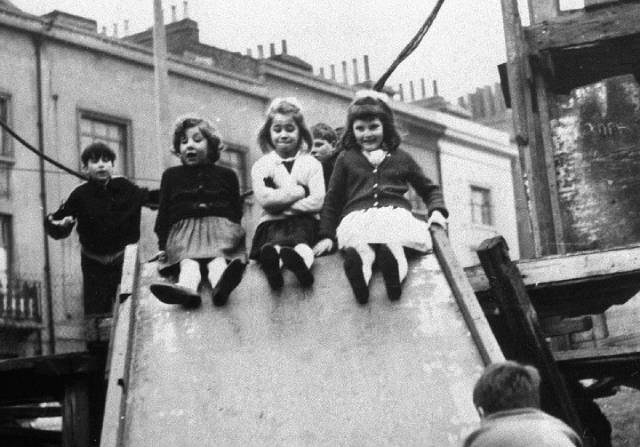
With the death of Michael Apted on January 7 at age 79, it seemed appropriate to revisit what had unexpectedly become the core of his life’s work – the 7 Up series. Apted was there at the start, in 1963, when as a young researcher in the documentary unit at Granada Television he was tasked with finding a diverse group of seven-year-olds to appear in “a glimpse of Britain’s future” predicated on Aristotle’s assertion “Give me a child until he is 7 and I will show you the man”. These children would be the backbone of the country in the year 2000, so the film would delve into the attitudes already inculcated in them by parents, schools and a still deeply ingrained class system which held power over educational and economic opportunities.
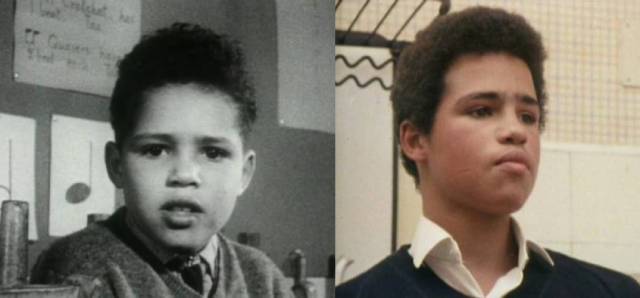
Directed by Canadian filmmaker Paul Almond, the initial program, shot in 1963 and aired in 1964 as a forty-minute episode of the World in Action documentary series, was obviously made from a Left-wing perspective but was nonetheless as constrained by class attitudes as the children it interviewed. These kids stood as archetypes … and yet unavoidably individual character showed through the obvious juxtapositions between poor and privilege. This became one of the strengths of the series as it evolved and after the subjects had reached adulthood those personalities came to the fore and the social, political and economic forces which constrain all our lives gradually became the background against which each person formed a distinct personality and carved out a place in the world.
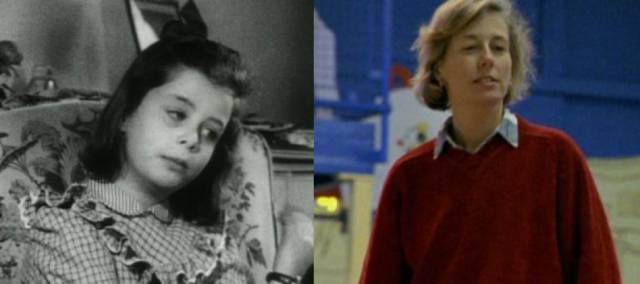
For viewers who followed these people every seven years, it became easier to identify with the struggles and achievements and disappointments of those lives regardless of the class distinctions which were the subject of the original program. The great achievement of the entire project was its ability to engender a recognition of shared humanity which crossed class boundaries. Yes, there are political and economic inequities, but all these people have had to struggle with the process of forging a self which they can live within and those struggles resonate with the viewer regardless of how much we might share materially with the films’ subjects.
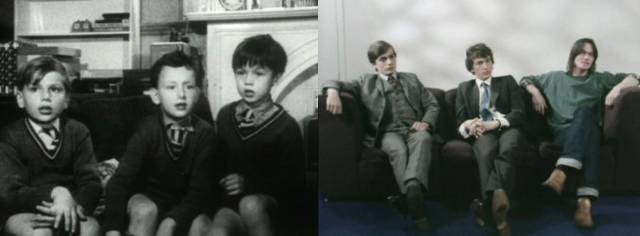
But there’s more to the Up series than simply watching these people evolve within their individual lives. As the years pass, the subjects interrogate the project, its biases, its distortions, its inadequacies and failures, and with Apted becoming a distinct presence in all their lives, he eventually interrogates himself and his own attitudes, creating a fascinating matrix of introspection within which he and his subjects are inextricably bound together. A crucial question which always arises in documentary is just how much the act of observing changes what is being observed; by the end of the series with 63 Up (2019) – it’s unclear with Apted’s death whether there will be any more episodes – it’s impossible not to believe that their participation over more than half a century has played a significant part in making these people who they are.
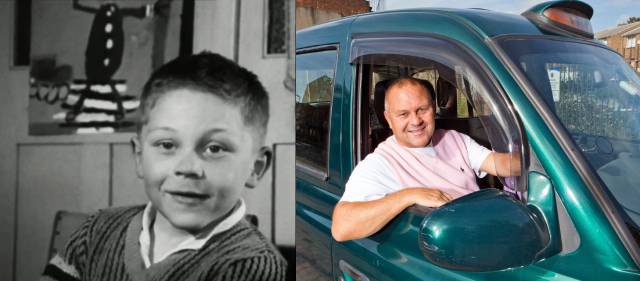
And yet throughout there has been visible tension between subjects and filmmaker, at times powerful resistance and resentment. Some of the subjects dropped out for one or two episodes – Charles, one of the three prep-school boys, disappeared permanently after 21 Up; having become a journalist and documentary producer, he had no desire to put himself back in front of the camera. Another of the three, John, also dropped out after 21 Up, obviously disliking the way he had come across as a caricature of privilege, yet he returned later because he could see that participation would help to further his own interests, particularly his charitable work in his family’s ancestral home, Bulgaria.
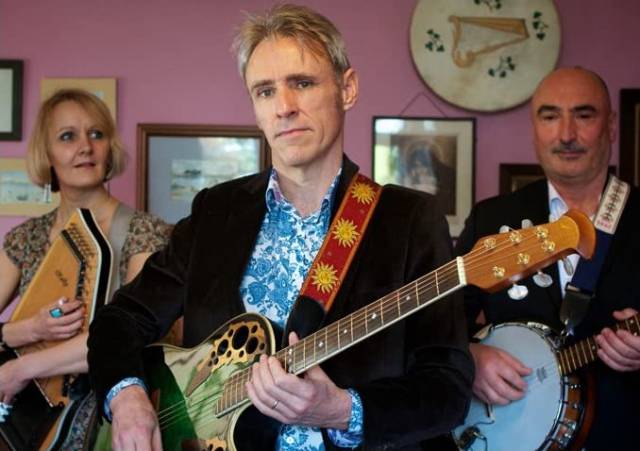
Peter, a disillusioned teacher, disappeared after 28 Up, but showed up again in 56 Up because he too saw the possibility of using the series to promote his music career. We only learn here, twenty-eight years later, that the reason he had dropped out was the attacks levelled at him by the Right-wing press in Thatcher’s Britain for the criticisms he had voiced in 28 Up about what was happening to the country.
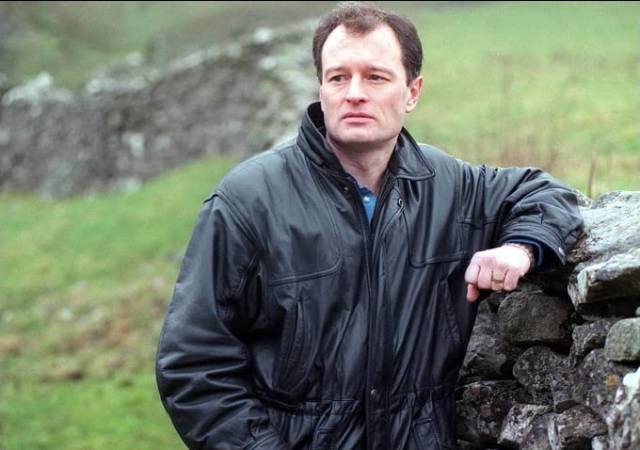
Beyond these recurring political issues – including the impact of the country’s rightward trajectory on Eastenders Lynn and Jackie, with the former’s career of bringing literacy to underprivileged kids constantly threatened by austerity cut-backs and the latter’s struggles with raising a family while dealing with debilitating health issues made increasingly difficult (Jackie’s troubles can be further illuminated by a viewing of Ken Loach’s devastating I, Daniel Blake [2016]) – the heart of the series is that it gives privileged access to the day-to-day issues of life: marriages, children, divorces, sickness and eventually death, and how these are affected by the perpetual need to make a living. The entanglements of family life and work are always there and being given these privileged glimpses of how this diverse collection navigate so many options and limitations offers a kind of reassurance about our own ups and downs, the endless cycle of small and large triumphs and defeats we experience which in the moment may seem overwhelming but in the larger context form the fabric of our lives. By dropping in every seven years, we have the benefit of seeing that people do get past the defeats and move on, sometimes achieving a comfortable stability, sometimes meeting further challenges that have to be faced and dealt with.
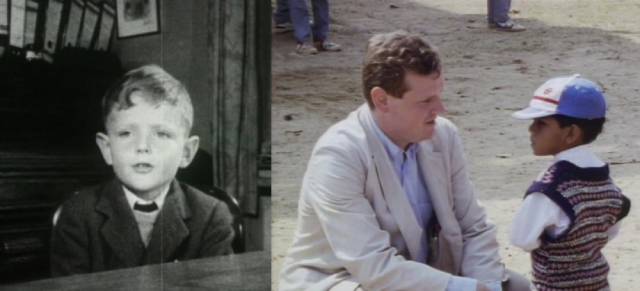
No one shows this more than Neil, the delightfully bright and lively seven-year-old who already seems to be closing down by fourteen and by twenty-one is struggling with mental health issues, living in a chilly squat in London and doing manual labour, having dropped out of university. His fate becomes one of the most compelling threads running through the series, with each new episode bringing with it anxiety about what might have happened to him. Dealing with homelessness and ever-weakening social support systems, he wanders through the remotest parts of Britain and holds out little hope for his own future … when we first glimpse him in 42 Up, it looks as if his prediction from seven years earlier has come to pass: that he’s wandering the streets of London, homeless. But as we follow him, he enters Hackney Town Hall and, as a councillor, offers his input to on-going policy discussions.
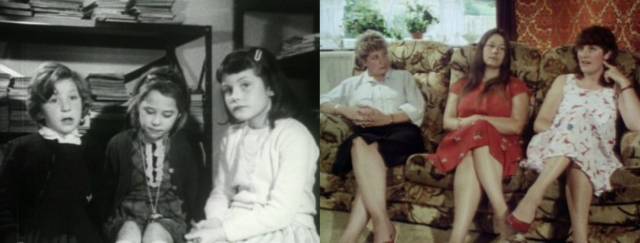
From that point on, although he still struggles with his inner demons, Neil remains involved in politics, later as a Liberal Democrat member of a county council in the North, a lay reader in the Church of England; we unexpectedly see him driving a car as he goes around campaigning for council elections; and learn in 63 Up that he eventually got married, though it didn’t work out. But while Neil’s story may be the most extreme, others contain their own struggles to be overcome. East End kid Tony knew he wanted to be a jockey when he was seven and in his teens he got his shot, riding in three races before realizing he wouldn’t make the grade. So he became a London cabbie and forged a middle class life for himself and his family, eventually building a second home in Spain where he dreamed of starting a business and settling down permanently … until the economic collapse forced a retreat to England, where the rise of Uber posed a further threat to his security. He even established a small side career appearing in movies and on TV shows in bit parts.
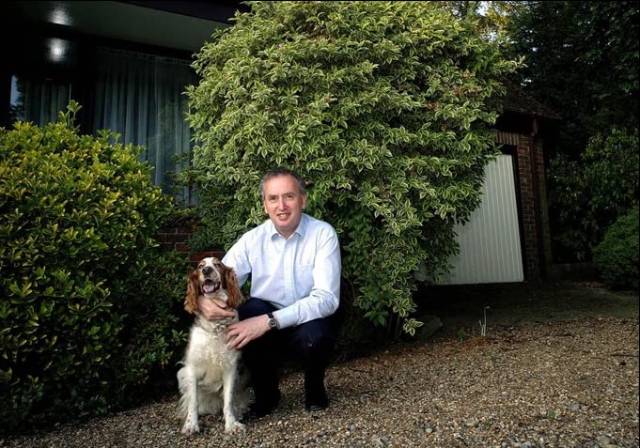
While a number of the series’ subjects occasionally confront Apted about his own assumptions, perhaps Jackie most consistently offers criticisms about one the shows’ chief inadequacies: its early failure to adequately address its female subjects on terms equal to the boys. In retrospect, this is glaringly obvious – even at seven, the girls are asked about domestic concerns and relationships, while for the boys the world is seen as a larger place filled with educational and career opportunities. Even at twenty-one, Apted is asking about marriage and children and one can sense again in retrospect that Jackie and Lynn are bristling with barely suppressed anger – an anger which Jackie speaks about openly in the later episodes as she points out that Apted somehow missed all the turbulent developments in women’s lives in the ’60s and ’70s … an interesting blind spot given the original impetus of the series as an examination of the effects of class in people’s lives. (Apted himself suggested that the frequent focus on women’s lives in his features was at least in part an attempt to redress this imbalance in the series.)
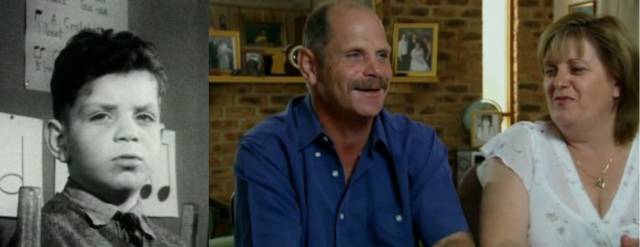
What emerges as the series progresses, particularly in the two final episodes, is the ways in which the subjects themselves evolve in relation to the project. A number of them comment on how painful the seven-year visits are and how inadequate the ten minutes or so they get in each new episode are to really show what they have experienced, what they believe and feel. And yet a number of them towards the end acknowledge that the process has had an effect on shaping their lives (the connection Neil made with Bruce was an important factor in turning around his downward spiral), but they also recognize that what the series has done is not so much represent them as specific individuals, but rather to use them as raw material to illuminate common shared experiences which reflect those of their audience.
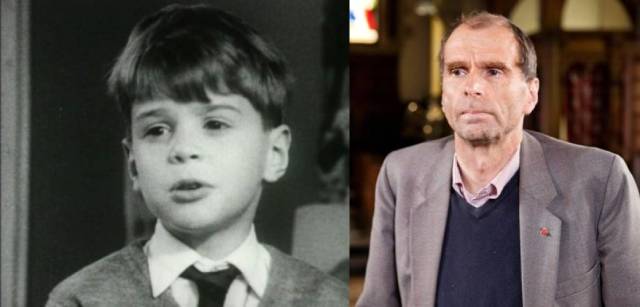
That in the end is the real value of the Up series: it triggers in its audience a periodic surge of introspection about our own lives. I find myself calculating where I was and what I was doing at each age and gauging my own progress against what I see on screen[1]. Although each new film incorporates and builds on familiar moments from all those which have preceded it as a necessary way to orient the new episode’s viewers, that repetition takes on something like a ritual aspect, a reassurance that lives do have a kind of arc, that what has happened before has a lasting effect in shaping what comes after. It also, at least for me, casts a melancholy light on life, seeing by now those bright children full of unformed possibilities settling into certain tracks defined by inner desires and external limitations, and now becoming increasingly aware of mortality, the final limitation which makes all distinctions ultimately moot.
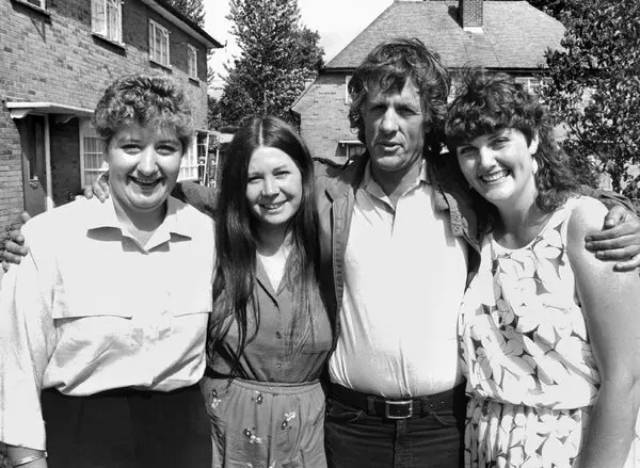
The final film, 63 Up, has the air of a summing up, of lives contemplated, regrets put into perspective, accomplishments acknowledged … and a sense of encroaching ending permeates it. Many participants have lost parents in recent years, and between 56 and 63 Lynn has died and Nick, who had dreamed of changing the world with physics and ended up teaching new generations in the hope that they might achieve what he hasn’t, is now battling cancer. We have come to know – well, perhaps not these actual people, but at least the characters they have created for Apted’s camera, and all those differences posited by the original 7 Up seem hardly to matter; we respond to them as distinct, idiosyncratic individuals whose lives and fates have come to matter to us like those of our own friends and families, and what we see in this last episode is deeply moving and, recalling our responses to earlier episodes, surprising. Those we may have felt judgmental towards because of our ingrained attitudes about class and privilege have become as likeable as the rest, their shared humanity blurring the differences which once seemed so clearly defined. And that, finally, is Michael Apted’s remarkable achievement.
*
I re-watched the series on Network’s four-disk region B Blu-ray set, which is sourced from the original television broadcast versions, not the features they were turned into. As it’s been a long time since I saw those feature versions, I can’t say what if any differences there are other than episode credits and the repetition of intros to individual episodes. The set also includes two interviews with Apted from 2010, plus a TV program made prior to the release of 63 Up in which various celebrities talk about the show’s impact on their own lives.
_______________________________________________________________
(1.) Here’s a brief personal summary in bullet form:
7: living in a small English village, going to a two-room school next door
14: living in Newfoundland, in grade 10; appearing on CBC’s popular high school quiz show Reach for the Top for the second time (we lost both times)
21: returning to England for a year, having recently moved to Manitoba; trying to figure out who I was and what I wanted to do – I had already written my first novel (at 17), won prizes for a short story and a film script, and sold a radio play to CBC
28: having met and interviewed David Lynch in 1981, I was working on Dune in Mexico
35: half-way through an eight-year marriage, I had moved from working in retail to arts administration, running Winnipeg’s video artists’ co-op Video Pool, and making my own first short film while doing some occasional critical writing
42: a couple of years into a 15-year professional editing career, cutting documentaries for the NFB
49: still editing at the NFB, after two years on a weekly documentary TV series
56: my editing career had dried up, though I had a six-week gig in Paris as an assistant on a very bad Milla Jovovich movie; struggling financially, but writing regularly for my website
63: five years into a government clerical job, with a couple of recent independent documentaries behind me, but filmmaking had become just an occasional hobby, with my critical writing now my main creative outlet…
Along the way, I wrote nine or ten novels (unpublished), a bunch of film scripts (unproduced); I made several short films, edited documentary features and a couple of low-budget dramas, plus a number of short films; I wrote criticism for various journals and websites; travelled in Europe and Asia; and published two books on David Lynch… (return)
Comments